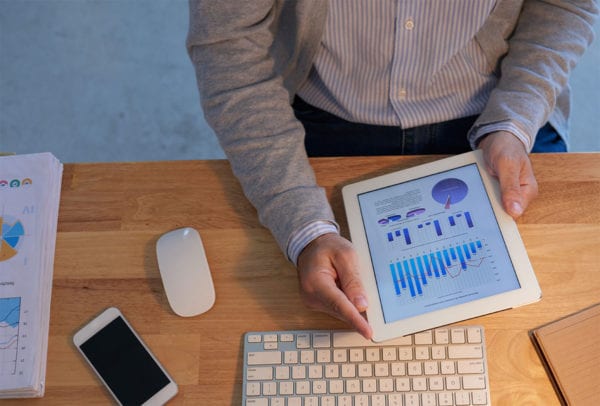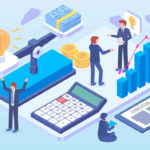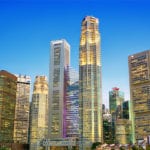The Accounting and Corporate Regulatory Authority (ACRA) is a Singapore government body that regulates businesses, public accountants, corporate service providers, and financial reporting. While maintaining the Lion City’s status as an excellent business hub in Southeast Asia, it is also responsible for enforcing statutory requirements to create an environment that enables businesses to grow and thrive.
In this post, we look at the important policies set by ACRA and discuss the requirements for each.
The Key Compliance Requirements Set by the Accounting and Corporate Regulatory Authority

Conducting Annual General Meetings
An annual general meeting (AGM) is a yearly meeting among shareholders. During this event, the company discloses its financial statements so that shareholders can ask questions and raise issues regarding the company’s financial status.
Companies with a financial year ending on or after August 31, 2018:
- Listed companies must conduct an AGM within four months after the company’s FYE. They are required to file the annual return within five months after the company’s FYE.
- Non-listed companies need to hold an AGM within six months after the company’s FYE. They are required to file the annual return within seven months after the company’s FYE.
Companies with financial year ending prior to August 21, 2018:
- The first AGM must be held within 18 months after the date of incorporation.
- Listed companies: Financial statements disclosed during the AGM should be updated not later than four months prior to the AGM
- Non-listed companies: Financial statements must be updated not later than six months before the AGM.
Filing Annual Returns
An annual return is a digital form filed with ACRA. It contains some key information regarding a company including financial statements, its officers, and members. Annual returns are crucial to the decision-making process of stakeholders.
Updating Company Particulars
When there are changes within the company, ACRA must be informed promptly. For more information, please see our post about ACRA’s requirements regarding changes in company particulars.
Register of Registrable Controllers
Beginning March 31, 2017, the register of registrable controllers (RORC) is required from companies (both local and foreign) and LLPs. It is expected to be kept in their registered address or the office of their authorised filing firm. Beneficial owners of the entities is another term for RORC.
ACRA’s aim for the RORC is to make the information about the ownership and control of a business entity transparent. It minimises the misuse of companies for illegal purposes. The RORC is part of ACRA’s upholding of Singapore’s status as a reputable financial hub.
Duties of a Director in Terms of Financial Reporting

As business challenges grow and its models become more intricate, stricter financial standards are implemented. ACRA aims for the market to place confidence in the amount of transparency, honesty and quality of financial reports.
In line with this necessity, the Accounting and Corporate Regulatory Authority started its Financial Reporting Surveillance Programme to detect poor financial reports that lead to inaccurate information and non-compliance.
How Your Company Can Consistently Comply with ACRA’s Requirements

Through the help of corporate service firms like CorpXervices, you can ensure that your documents, requirements, and company practices pass ACRA’s standards. You don’t need to worry about the constantly changing regulations and the hassles of non-compliance. With the support of a firm, you can carry out all your operations smoothly and transparently.








Leave A Comment